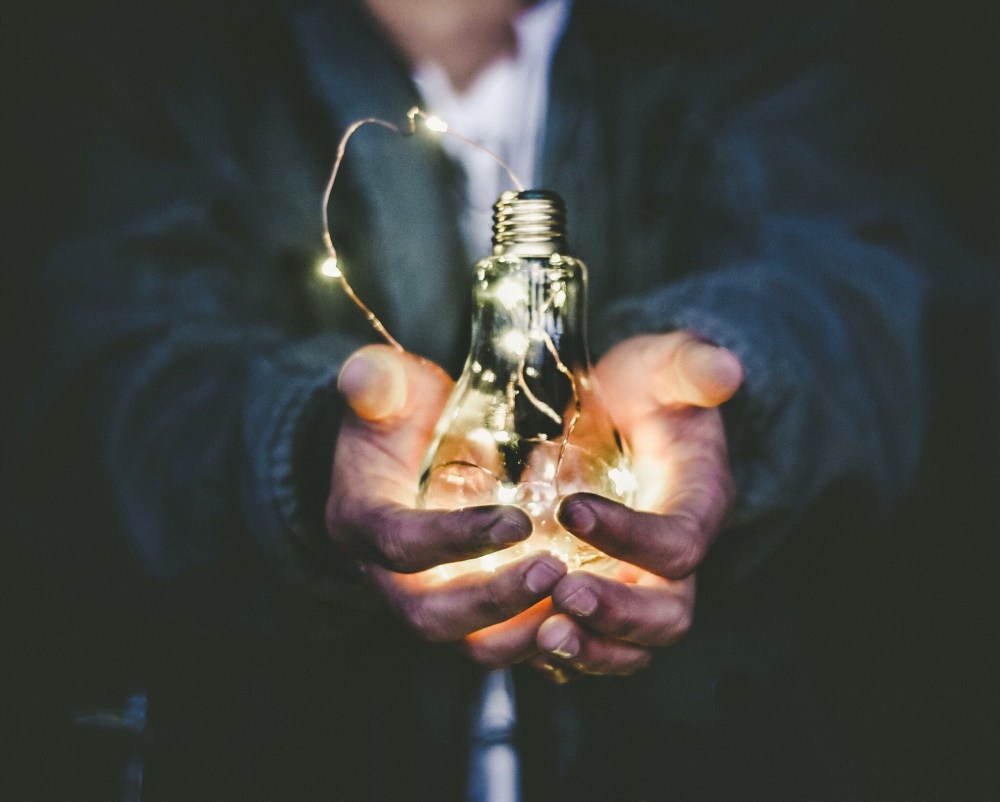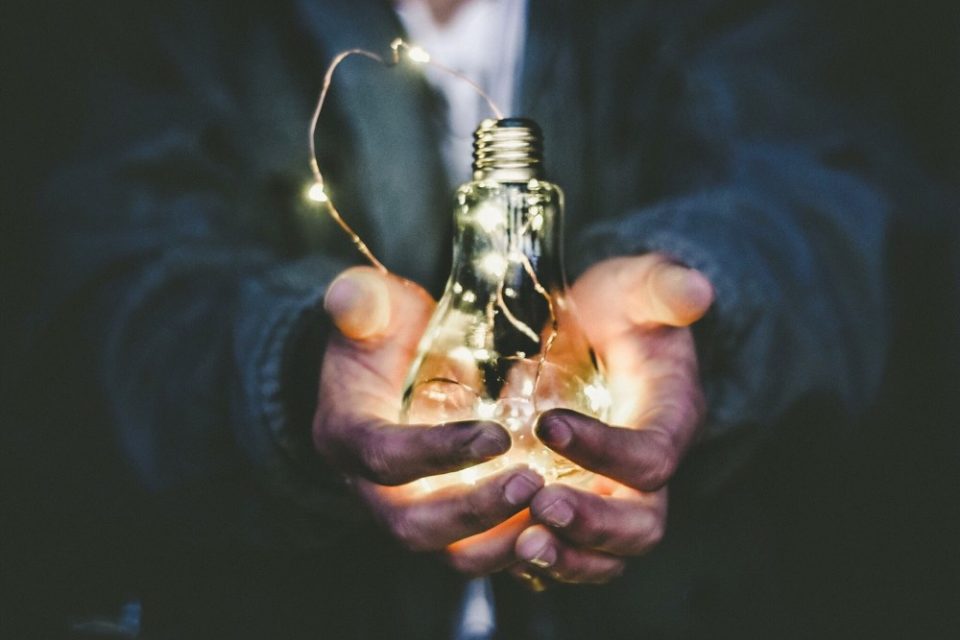
The two most valuable commodities for most people are time and energy. No-one seems to have enough and in the case of time, we can’t produce more. We can influence the amount of energy we have though, and there are several ways you can get more energy for the things you want to do, whether that’s at work, home or in your personal life.
My energy levels used to oscillate up and down depending on what I was working on and the convergent pressures I was under at the time. Now I’m much more savvy about how I manage my energy, and waste as little as possible. Last week I explained that energy isn’t created, it’s converted, and that essentially, it’s all in one pot. There’s not a separate store for physical activity, emotional energy, work-related energy, and so on.
Here are five ways you can increase your energy levels with quick results and very little investment aside from time.
Ancestral movement
Our ancestors will have lived a very active life, breaking up their patterns of movement across the day between low levels of activity (standing, squatting, performing tasks in the camp), moderate spurts of activity (walking, foraging, lifting) and high intensity bursts of activity (hunting and running away from threats and predators). Our modern patterns of movement are generally very different; we’re sitting for prolonged periods, we have labour-saving devices and even our food shopping is carried in by someone else. Our environment is highly obesogenic, meaning it’s sets us up for health problems such as obesity because it’s easy for us to move less and consume higher calorie foods which have a negative effect on our health if over-consumed.
Mimic our ancestors; move little and often, and vary the intensity of your weekly exercise. Assuming you’re fit and healthy, aim to do 2 x high intensity sessions per week (HIIT, Tabata or intervals), brisk walking twice a day (perhaps as part of your daily commute), and low levels of exercise every hour (standing up, short walks, stairs, gentle stretching).
Eat a plant-based diet
Eating a plant-based diet doesn’t mean going vegetarian, but simply make the majority of our carbohydrates from vegetables, with some complex carbs in the evening such as a sweet potato. Refined carbohydrates will cause a significant blood sugar spike, which will give you a shot of energy but very quickly bring you down. This is because the pancreas responds to glucose levels by releasing insulin into the blood which binds to the glucose and transports it to the muscles and liver before storing the excess as fat. Not only are vegetables very nutrient dense, but they also don’t cause blood sugar spikes, and therefore will release energy more slowly. Similarly, proteins (and to a lesser degree, fats) are also a good source of slow-release energy.
Think about consuming 10% of your calories from carbohydrates, 65% from healthy fats such as coconut oil, avocados, nuts, etc and 25% from good quality protein.
Positive mental attitude
A lot of energy goes into thought. Studies show that the brain uses up to 20% of resting metabolic rate – in other words, 20% of all the calories you consume just to stay alive not thrive. How we choose to utilise those brain calories is up to us, yet many of us expend a lot of energy in negative thoughts or self-talk. How we talk to ourselves and our mindset has a huge bearing on how energised we feel. Jim Rohn said “you’re the average of the five people you spend the most time with”, so surround yourself with positive, energised people for an immediate hit of energy. Try and find something to laugh about on a daily basis; studies have found a significant benefit to both wellbeing but also learning ability in a group of older adults.
Balance what you do for duty and what you do for fun, relaxation and enjoyment. It’s not always possible to do something you love for a living, but if you don’t feel ready for a change of career or have a long-term plan, then try and balance the two aspects of your life. It’s easier to balance your energies between the two if you can have a game plan or endgame.
Energise your body
A few weeks ago I blogged about the benefit of cold showers; I know from feedback that some readers tried this. It’s a great way to stimulate the vagus nerve and innervate the entire body, and of course very easy to do, especially if you just start with cold water face-washing. Also, stretching will energise the whole body, as will a session on the foam roller. Massage, yoga and moderate to brisk walking will also have an energising effect, and the beauty of all the above is it can be done for free and at home.
Try this: the power pose, or t-shape stretch, was made popular by Amy Cuddy in her TED Talk of 2012. You simply stand up, feet shoulders apart, and open out your arms to the side making a t-shape with your body. Hold this stretch for 2-3 minutes, and enjoy a 20% increase in testosterone and a 25% decrease in cortisol. As a nice little added bonus, you’ll also get a tingly feeling which is a release of endorphins. It’s well worth it.
Stimulate the brain
There are a few ways to do this, but one is by using a brand of adaptogenic herbs called TianChi. It’s a mixture of all sorts of Chinese herbs, and also includes caffeine, but is very good for awakening the mind and body and improving cognitive function, and is particularly good if you’re very fatigued or have adrenal performance issues. I’ve just started using it, and whilst it takes pretty sickly sweet, you do feel more alert afterwards. Other ways to get a similar effect are through a breathing exercise or meditation, or by reading a really good book or listening to great content.
Stimulating the brain during the day, with a good balance of recovery, will also improve sleep quality and duration. Sleep is the force multiplier for all the Six Signals™ as we call them (mental health, body composition, energy, fitness and digestion). Click here for a previous blog post all about sleep.
What’s your Health IQ?
If you’re reading this, you’re are probably in a reasonably senior position, running your own business or have a busy life running the home and juggling other responsibilities. Either way, you’re busy. The convergent pressures of work and family life have probably meant that the time you did have to spend on health and fitness has disappeared. Why not talk to us and see how we can help.
If you’d like help understanding what your Health IQ is click here to take our test.
Leanne Spencer is an entrepreneur, coach, TEDx Speaker, author of Remove the Guesswork, and founder of Bodyshot Performance Limited. Bodyshot is a health and fitness consultancy that helps busy professionals get more energy by removing the guesswork around their health, fitness and nutrition. Visit www.bodyshotperformance.com or email info@bodyshotperformance.com to register your interest in our services and connect with us on Facebook, Instagram and Twitter.


